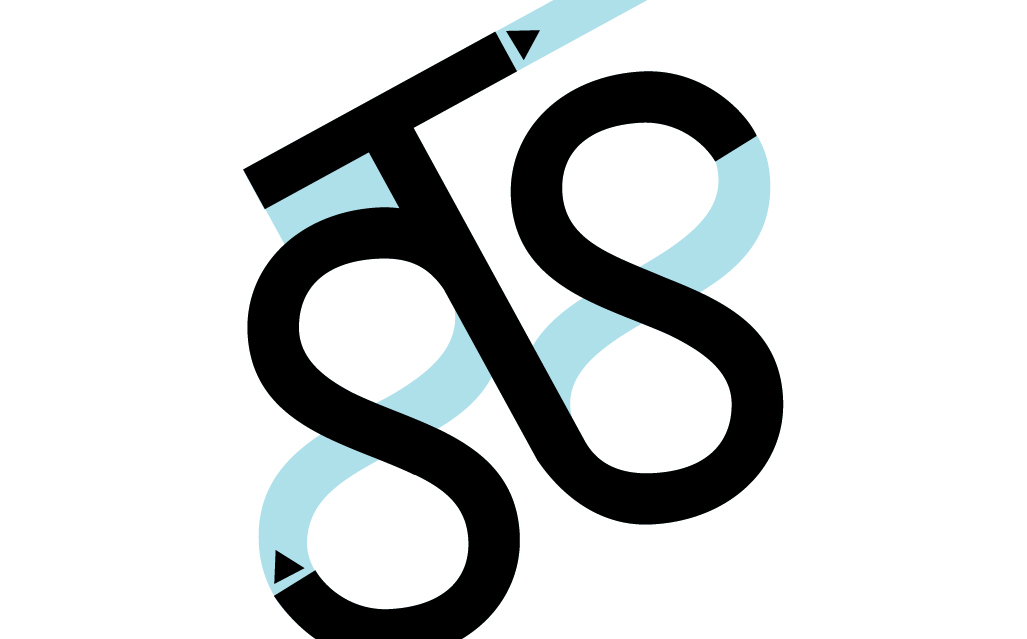IXDM Research at EASST-4S 2024 in Amsterdam

EASST – the European Association for the Study of Science and Technology – and 4S – the Society for Social Studies of Science – are the most prevalent forums for research in Science and Technology Studies (STS). Every four years, the two societies organise a joint meeting, one of the key conferences for STS research worldwide. The 2024 edition was held in Amsterdam on 16–19 July under the theme Making and doing transformations. Many researchers from IXDM and collaborators gathered in Amsterdam to present their current research:
With Bugreporting on anticipatory Infra-solutionism: collective practices of struggle and resistance, Helen Pritchard, Head of Research IXDM, together with other members of The Institute for Technology in the Public Interest (TITiPI) presented a disobedient action research approach in which the group works on ways to collectively articulate community concerns on anticipatory infra-solutionism for the digital and green transition. The presentation was part of the panel Futures work.
In their contribution Staying with the struggle: Possibility, contingency and failure in three speculative more-than-human worldings that attempt to speak-with, Kit Braybrooke, newly appointed Professor for Transversal Design at IXDM, together with Viktor Bedö and Make/Sense member Gabriela Aquije Zegarra talked about attempts to ‘give voice’ to non-humans in ways that move beyond speaking-for, investigating the struggle of turning-to, as opposed to turning-into, in speculative more-than-human worldings.
Johannes Bruder and Asia Bazdyrieva chaired the panel Zeitenwende et al. – Infrastructures as media of transformation, aimed at fostering a conversation between infrastructure studies and artistic research to re-imagine infrastructures as sites of knowledge production and anchors of solidarity. During the panel, Johannes together with Anastasia Kubrak, member in the Make/Sense PhD programme, presented Fears of exhaustion, dreams of resilience: the EU’s critical raw materials act and the Cínovec lithium deposit, while Asia, also member of Make/Sense, gave a talk on Zeitenwende. Emerging forms of sovereignty in the transition from ‘petro’ to ‘clean’ energies.
Further members of the Make/Sense PhD programme Qingyi Ren and Guillemette Legrand presented their respective ongoing research. Qingyi presented Unmasking the queer in machine translation: a socio-technical inquiry into Chinese-English ai translation, with a DeepL case study as part of the panel Global socio-technical imaginaries of AI.
Guillemette shared insights into her ongoing PhD project Climate Cosmograms in her contribution Computational cosmology: multi-modal research into the climate model Hector, part of the panel Climate actions, algorithms and digital infrastructures.
Jamie Allen’s talk The Impossibility of a Planet, part of the panel Planetary health in the Anthropocene: transdisciplinary practices towards decolonial climate futures, elaborated on aspects of a project he just presented with Jeremy Bolen at the Centre for Disease Control in Atlanta, Georgia in June, an ongoing research and media project that seeks out dialogues with ‘planetary practitioners’ – people who compose planetary images, thought, narratives, and models.
Lucie Kolb contributed to the panel Activating archives, collections and databases with a talk on Metadata Gruntwork – Infrastructuring feminist data practices (co-authored with Lara Kothe and Philipp Messner), focusing on challenges and ethical considerations associated with creating an open research database and digital archive in the context of their current research project Sharing Knowledge in the Arts.
Lastly, Flavia Caviezel and former CML member Selena Savic hosted the panel Permanent migration of records and digital representations: decomposing the coloniality of fixed archival knowledge, exploring how post-digital perspectives on digitization can contribute to the refusal and de-instituting of colonial relations in archival practice and institutional knowledge. Flavia, in her contribution, talked about How to deal with gaps in “object biographies” belonging to collection’s digital archives.